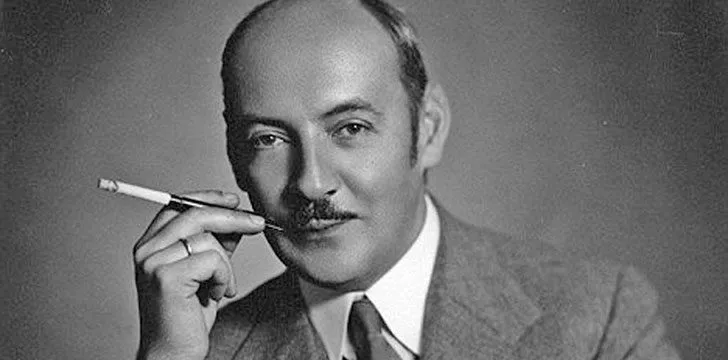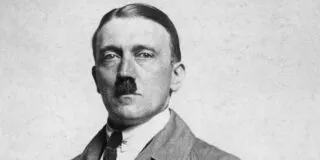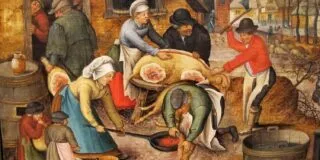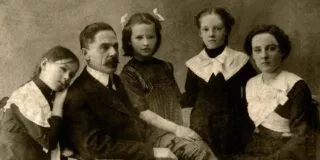As Hitler and his Nazi Party rose to power in the early 1930s’, there were many people who flocked to his cause.
He was viewed as the savior of Germany, and his ultra-nationalist movement picked up a lot of momentum in a short space of time.
There were many infamous members of the Nazi Party, such as Heinrich Himmler, Reinhard Heydrich, or Joseph Goebbels.
One well-known member was Hermann Göring, head of the Luftwaffe and Hitler‘s designated successor until he was expelled from office in April 1945.
Hermann Göring had several siblings, one of which was his younger brother Albert Göring.
Albert, unlike his older brother, despised Nazism and the brutal ideals accompanying it.
Anti-Nazi Activities Before The War
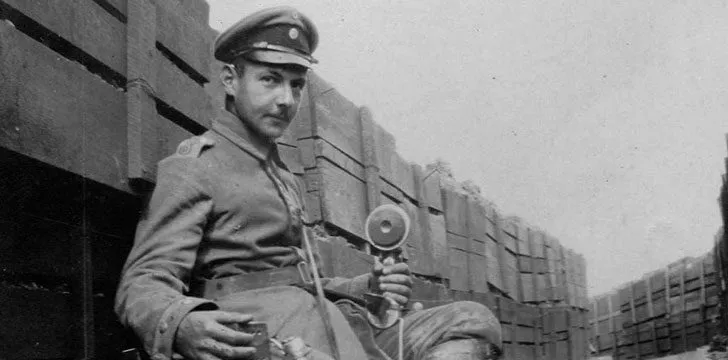
Before the rise of the Nazi Party in 1933, Albert Göring lived an aristocratic life with his Jewish godfather, Ritter Hermann von Epenstein.
He was on course to live a rather unremarkable yet comfortable life as a film-maker in Germany.
Between 1933 and the outbreak of World War II, Albert Göring actively resisted the ruling Nazi regime and its ideology – especially its treatment of Jewish people.
On one occasion, Albert joined in with a group of Jewish women who were being forced to scrub the streets.
When the SS Officer in charge inspected Albert’s identification papers, he immediately halted the whole group from scrubbing the streets anymore.
The SS Officer realized this was the only way to stop himself from being held responsible for the public humiliation of Hermann Göring’s brother.
Wartime Activism
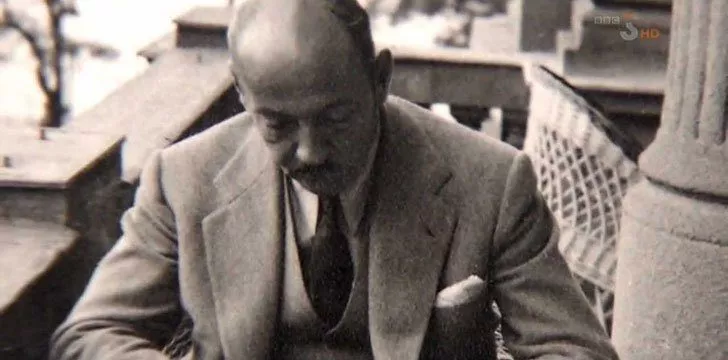
Not long after the beginning of the war, two of Albert Göring’s friends and former employers were arrested for being Jewish in Austria.
Albert lobbied to his brother and used his influence over Hermann to free both Oskar and Kurt Pilzer.
Kurt, who escaped to the United States with his family, would come back to testify on Albert’s behalf during the Nuremberg Tribunal.
Albert Göring stepped up his anti-Nazi activism when he became export director for Skoda in Czechoslovakia.
Here he was in contact with Czech resistance movement, and helped coordinate several small acts of sabotage to the Nazi regime.
Albert Göring would quite often forge his brother’s signature on fake identity papers and travel documents to enable dissidents to escape the wide-reaching Nazi regime.
Whenever he was caught out doing this, he would always use his brother Hermann’s influence to get himself off the hook.
He also orchestrated several escapes from Nazi concentration camps by sending trucks with requests for laborers.
The trucks would leave the camps, full of prisoners, and stop somewhere isolated so that they could escape.
The Nuremberg Tribunal and Nazi Accusations
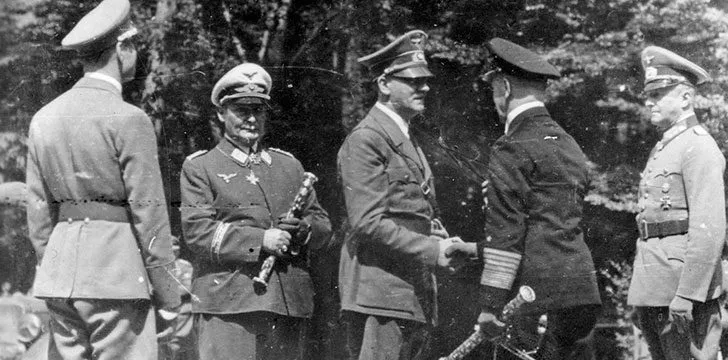
After the war came to an end, the task of identifying, trialing and punishing those involved in the Third Reich began.
Albert, carrying the family name of Göring, was tried as a Nazi and greeted with suspicion due to his brother’s high position in the Nazi Party.
Albert Göring was able to produce a list of 34 people that he had personally known and helped escape Nazi persecution.
Once acquitted of charges and involvement with the Nazi Party, Albert was then by the courts in Prague for Nazi collaboration.
Put on trial in the Czech capital, Albert Göring was eventually saved by the testimony of several members of the Czech resistance.
They were able to confirm that Albert had helped hinder Nazi operations in conjunction with the resistance, regularly giving them insider intel.
An Unsung Hero and a Life of Obscurity
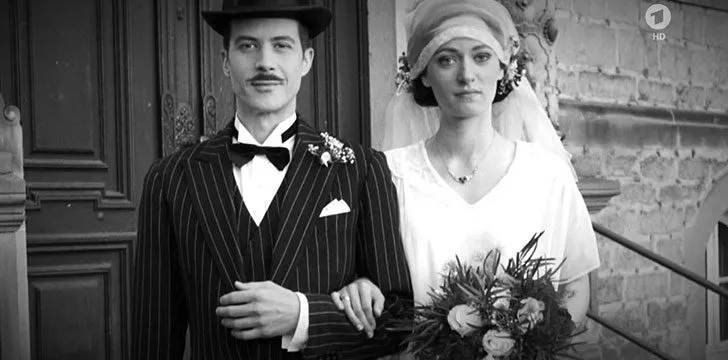
By 1947, Albert Göring was finally a free man, although his life was now in ruins.
The Göring family name made it very difficult for Albert to gain employment after the war.
Whilst he worked occasionally as a writer and translator, he lived a modest life that was at stark odds with his aristocratic upbringing.
Living in a small flat in Munich, Bavaria, Göring spent his latter days living off a state pension. Before he died, Albert Göring did one last good deed.
Knowing full-well that if he married, upon his death his pension would go to his wife, Albert Göring married his housekeeper in 1966, one week before he died.
Albert Göring died without any of his wartime anti-Nazi activities ever becoming public knowledge.
Although widely disbelieved straight after the war, Albert Göring is now becoming known as the “Good Göring” and acts as a perfect reminder to us that evil isn’t inherent.
Hermann chose to walk that dark path, yet Albert chose to walk the less-traveled high road.
